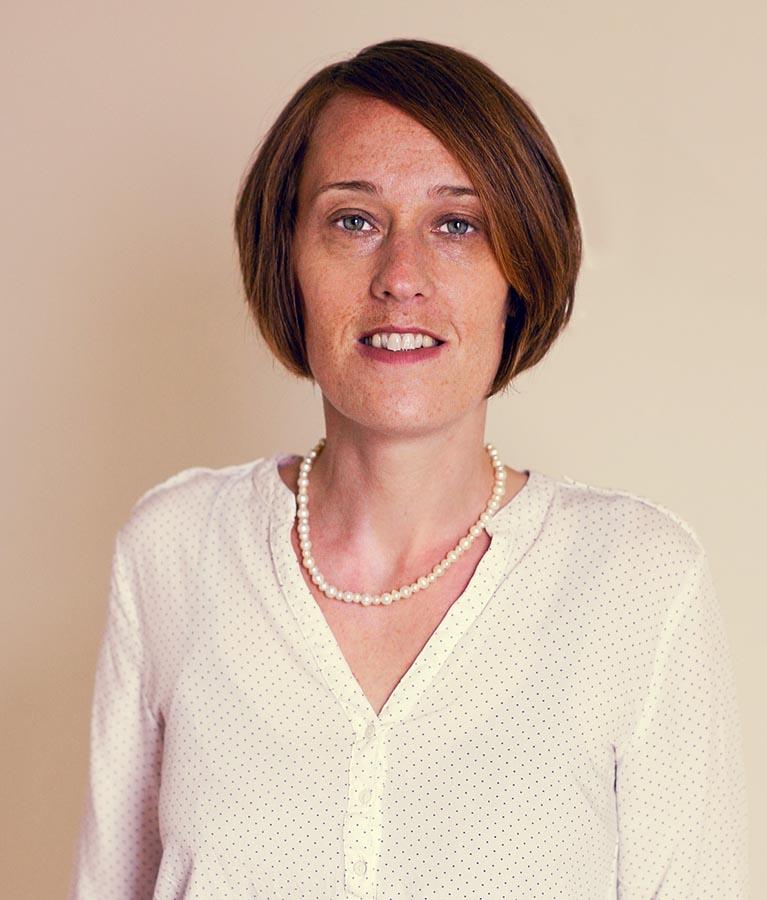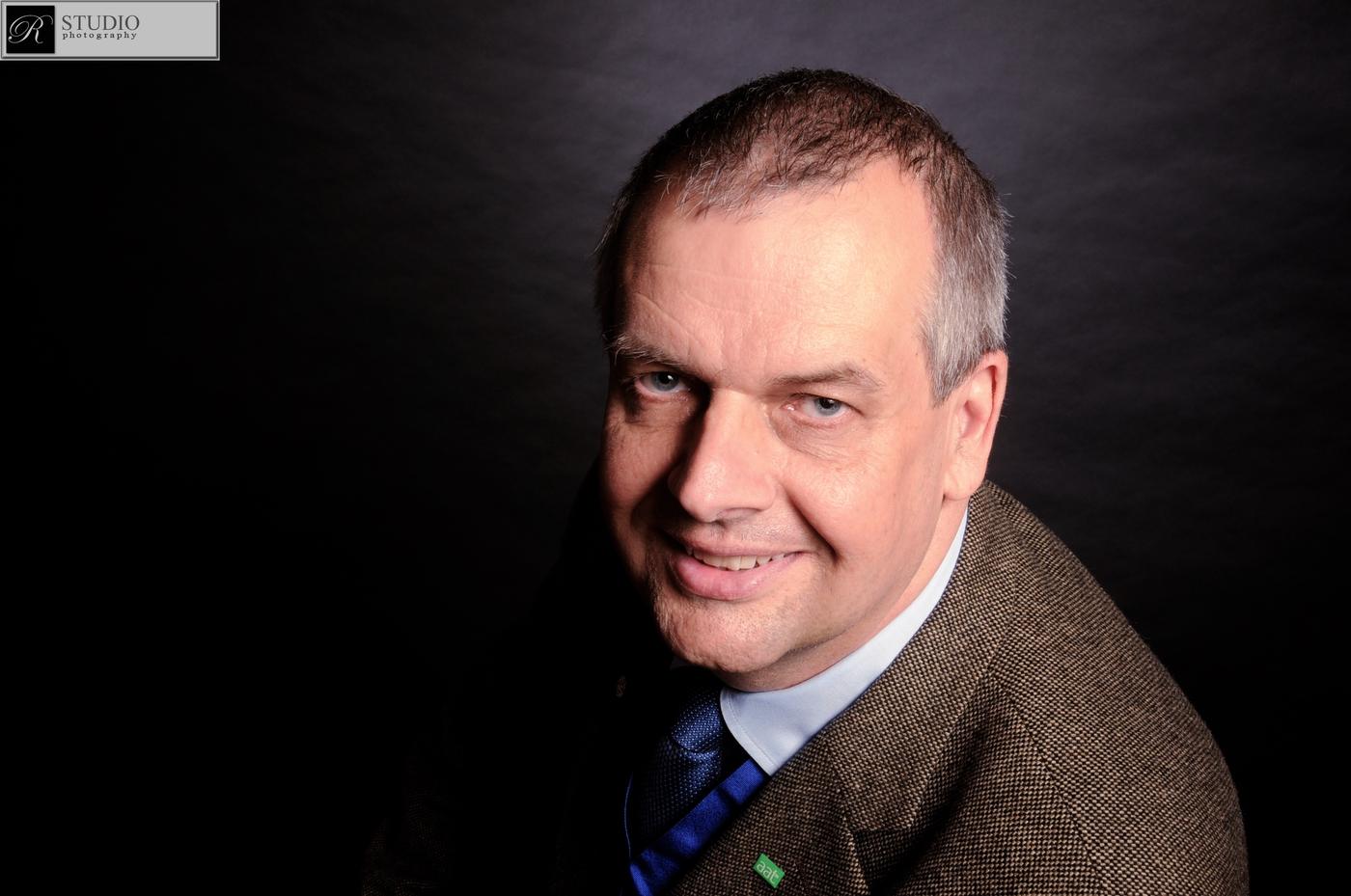Businesses come in all shapes and sizes, from local independents to global conglomerates. For most entrepreneurs, it’s not about the size of what they started, but the motivation to do something different and create something better.
“You figure out something that no one else has thought about and you do it in a totally different way. And so breaking the rules, you have to be creative. And that’s the fun part of business, actually. I love breaking the rules.”
Yvon Chouinard
Better might mean cheaper, faster, or more reliable. It might mean higher quality, more exclusive, or sustainable. However, getting your business started takes a lot of hard work. And before long, that inventive, entrepreneurial spirit can end up feeling just as stifled as it was running someone else’s business.
The challenges of growth
Common pitfalls for startups include hiring too fast or taking on a new premise, just to look bigger than you really are. But the faster and fatter you grow, the greater the challenges. Some businesses find ways to stay small – not compromising on quality, profit, or sustainability – but recognise that small can be significant too.
“There’s two kinds of growth, one where you grow stronger and one where you grow fat. And you’ve got to look out for that growing fat thing.”
Yvon Chouinard
So is there another way? Can you maintain that creative spirit whilst building the structure to establish something solid and sustainable?
Keeping it lean
Yvon Chouinard, the billionaire businessman, turns 80 this year. He is best-known for founding the outdoor clothing company, Patagonia, as well as his workplace philosophy, ‘Let Them Go Surfing’. Long before ping-pong tables and bean bags were introduced at Google, Chouinard was establishing a startup that would prioritise quality over quantity and sustainability over size. He’s established a business selling clothing with a lifetime guarantee, of the very highest recyclable and repairable quality.
In fact, even Amazon started with an understanding of the value of keeping things lean.
“In the early days of Amazon, Jeff Bezos instituted a rule: every internal team should be small enough that it can be fed with two pizzas … focused on two aims: efficiency and scalability …”
Chouinard and Bezos’ outworking of that principle may be very different. Not many of us would see Amazon as an aspirational working environment. But keeping your startup lean is something that has served both businesses very well.

Source: Ecowatch
Keeping it simple
“… the hardest thing in the world is to simplify your life because everything pulls you to be more and more complex. And so I think what I learned from fly fishing is that if we have to – either we’re forced or we decide to go to a more simple life, it’s not going to be an impoverished life. It’s going to be really rich.”
Yvon Chouinard
If a simple life leads to a richer life, how can you embed that in your start-up?
Purpose – staying on track
Startups have limited time, energy and money. Knowing what you’re for prevents you from saying yes to all the wrong things.
Companies can spend a lot of money on catchy phrases which inform brand identity and can be helpful for your employees and customers. But ultimately they are just capturing that spark that got you started.
Stick it on a poster or write it on the wall. Keep the main thing, the main thing.
Planning ahead – turning vision in to strategy
Entrepreneurs can be spontaneous creatures. They love starting things. But hate maintaining them. However failing to plan means planning to fail. Implementing that vision and following a business continuity plan and turning it into a viable strategy is usually the next stumbling block. Often that takes a third party – business coach or partner – to provide the objectivity to create manageable achievable targets but a little time and effort can go a long way.
People – growth versus culture
Another challenge for a growing business is when to hire. Wisdom says, “hire slow, fire fast”
“A lot of startups hire fast and fire slow. A bias for speed combined with the pressure for high growth drives many leaders to be quick to hire (“We need to fill this role now!”) but slow to remove underperforming employees because they’re busy and would rather put off the awkward, hard conversations.”
“[However] it doesn’t serve the world to create bloated, bureaucratic companies that will slowly die. We need healthy, growing companies capable of sticking around for the long run.”
Building a great workplace culture instead of a ‘grande’ workplace will ultimately lead to happy customers and a growing business too.
Premises – finding a profitable place
One of a small business’s greatest financial burdens is property. Traditionally it’s been the mark of maturity for a business to open its own office or premises. But the options today are very different.
Many use shared workspaces or partner with overseas companies where overheads are significantly lower whilst providing ethical investment in a developing community.
Or consider a shopfront in an unlikely part of town and put your mark on it. It’ll offer cheaper rent, a local presence and probably good transport links. And the opportunity to spend the money you’ve saved on staff or systems that will help you reach more potential customers.
Performance – making money
Keeping track of time spent, wages paid, and products sold, is vital for ensuring that all the limited time, energy and money you have, is spent in the most effective way.
“While not all products, services, or customers will be profitable for your company all the time, it only makes sense to try to understand where you are making money and losing money in the business. Operating in the dark and simply hoping to win more often than lose, is no way to run a business.”












